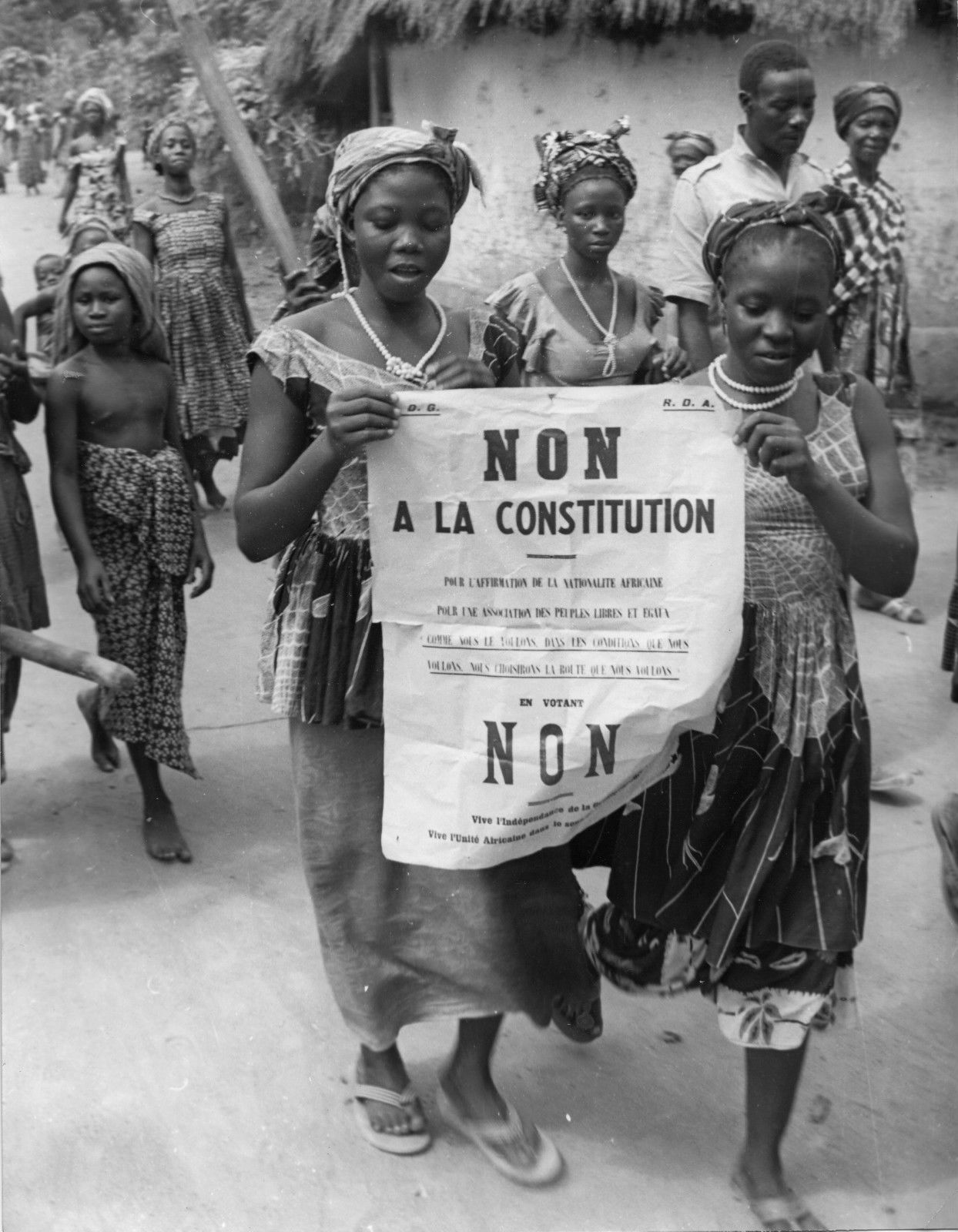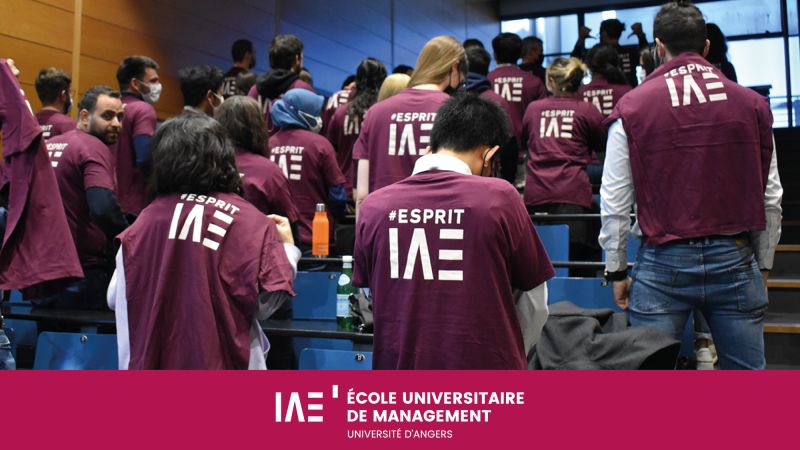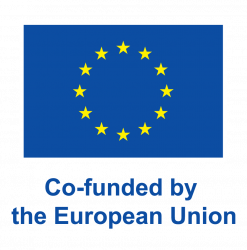Céline Pauthier, researcher at the CRHIA at the University of Nantes is developing this project from 2018 to 2021, with the support of the Alliance Europa Institute for European and Global Studies.
Objective: How did one move from imperial citizenship, gradually defined after the Second World War, to a national citizenship resulting from decolonisation?
Part of the answer is to be found beyond the national framework, by varying the scale of analysis and describing the mechanism of construction of citizenship in relation to otherness.
Guinea occupied an important place on the international scene in the 1960s, at the time of decolonisation. The independence audaciously acquired in 1958 made diplomacy a major issue for the new regime. Sékou Touré sought support from both the West and the East, obtained official recognition of his state at the UN and signed cooperation agreements. Many Guineans left to train in Europe and elsewhere, while at the same time Guinea welcomed volunteers and development workers from all over the world. A symbol of anti-colonialism, the Guinean regime also advocated socialist values and promoted pan-African ideals. The time had come for openness and change and Guinea emerged as a promising laboratory for new African citizenship.
However, right from the early 1960s, the community of citizens was built on a dynamic of exclusion and inclusion. This process was punctuated, for example, by the regular denunciation of ‘conspiracies’ subtly mixing domestic political and diplomatic issues. Mistrust of foreigners and border surveillance can be seen as the dark side of the African search for ‘authenticity’. In the 1960s and 1970s, the exile of Guineans was massive, which raises the question of nationalism among the diaspora.
The research project revolves around four axes:
– International cooperation as a framework for political and cultural circulation
– International causes supported by activism: anti-colonialism, socialism, pan-Africanism
– The dynamic of inclusion-exclusion: xenophobia and border surveillance
– Which citizenship in exile? Diaspora and political engagement





















